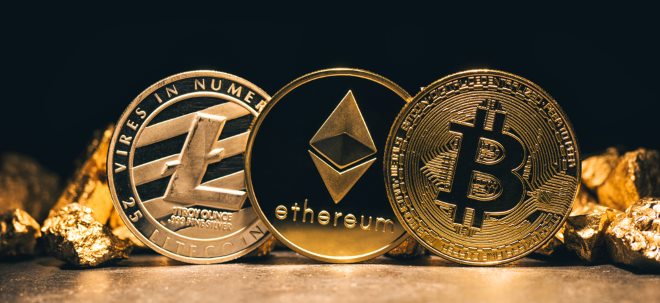Does The ECB Finally Get It? What This Means For Deutsche Bank
Jan. 22, 2015 12:26 PM ET | 2 comments | About: Deutsche Bank AG (DB)
Disclosure: The author is long DB. (More...)
Summary
•The ECB is finally serious about QE.
•Low inflation expectations have hurt European banks.
•Deutsche Bank has a low price/book ratio, and will benefit from looser credit conditions.
Today Mario Draghi called on the ECB to inject 1.1 trillion Euros ($1.3 trillion) into government bonds in a bid to stave off deflation. The ECB has been strangely inactive as southern Europe experiences economic crisis and depression, and even northern Europe is starting to stagnate. The one bright spot has been the United Kingdom, where the Bank of England has been much more aggressive in changing expectations of growth.
There's still tense debate to come, but the fact remains that QE worked in the United States, it has worked in the United Kingdom, and its starting to work in Japan. If the ECB has finally caught on, this is great news for the economies of Europe and indeed the rest of the world. When the Swiss committed monetary suicide, conditions tightened (because expectations tightened). But with the ECB news today, markets are breathing a sigh of relief.
Does this create any opportunities for investors? I believe it does. As too-low-demand expectations hurt banks in the US, they have been hurting banks in Europe. As the ECB moves to change those expectations, Europe's banks should recover like ours. Below is a comparison between JP Morgan (NYSE:JPM) and Deutsche Bank (NYSE:DB).
Stat JPM DB
Market cap $209 billion $41 billion
Assets $2,527 billion $2,051 billion
Liabilities $2,296 billion $1,972 billion
Book value $231 billion $79 billion
Price/book 0.9 0.52
net income 2013 $22 billion $0.7 billion
net income 10 yrs $4.5b - $22b $0.2b - $6.5b
2003 # of shares 2851 626 million
2013 # of shares 3805 1195 million
dilution 0.75 0.52
Both banks have massive balance sheets ($2.5 trillion in assets for JPM, just over $2 trillion for DB). And both have been adding to their book values enormously over the last five years: JPM by $66 billion and DB by $29 billion. Deutsche Bank has certainly struggled more. It has paltry net income in 2013, and it's quarterly net in 2014 has been uninspiring to say the least.
But a bank with such large assets and obligations lives and dies on credit. When inflation expectations are very low, credit dries up (Deutsche Bank has struggled accordingly). But if the ECB can nudge economic growth upwards, then DB's terrible last five years (down 51%) should look more like JPM's (up 28%).
Co-head of Deutsche Bank Anshu Jain gives us qualified agreement: "QE means stability for Europe and a better loan-loss provision environment, fewer bankruptcies and a stable landscape that ought to be good for banks. Equally it means very low interest rates and a real destruction of net interest margins, which of course will be a huge challenge. So the best parts of our businesses, the deposit taking and the flow franchise businesses will all suffer."
Unfortunately Jain's analysis of QE's affects on interest rates is erroneous. QE works by changing expectations of inflation. When those expectations are rock-bottom (as they are now in Europe), interest rates remain stuck at 0%. But if the ECB can lift those expectations, as it now seems they want to try, the rates should go up. This bears repeating as it won't make sense to some of you: QE will push interest rates up. Take a look at the graph below of 10-year treasury yields. The shaded areas are QE. Notice what happens? Every time the Fed does QE, interest rates spike, then drop when QE finished.
So Jain is right that a stable macroeconomic environment will benefit Deutsche Bank. But where he's wrong is in thinking QE will hurt DB's deposit business by forcing interest rates lower. In fact, QE is a win-win for Deutsche Bank.
At a price to book ratio of 0.52, I can't help believe there's a ton of upside for Deutsche Bank, albeit with a decent amount of risk. Politically it would be hard to let Deutsche Bank go under. And a lot of European banks would be farther to the front of the line to default. Also, with a 3% dividend, DB will offer some income for a long-term hold. If there's a monetary situation that allows Deutsche Bank to fold, I believe the Germans might finally find their inner love for QE.
http://seekingalpha.com/article/...398e2965c6f3f76afda06&uprof=44
|


 Thread abonnieren
Thread abonnieren


